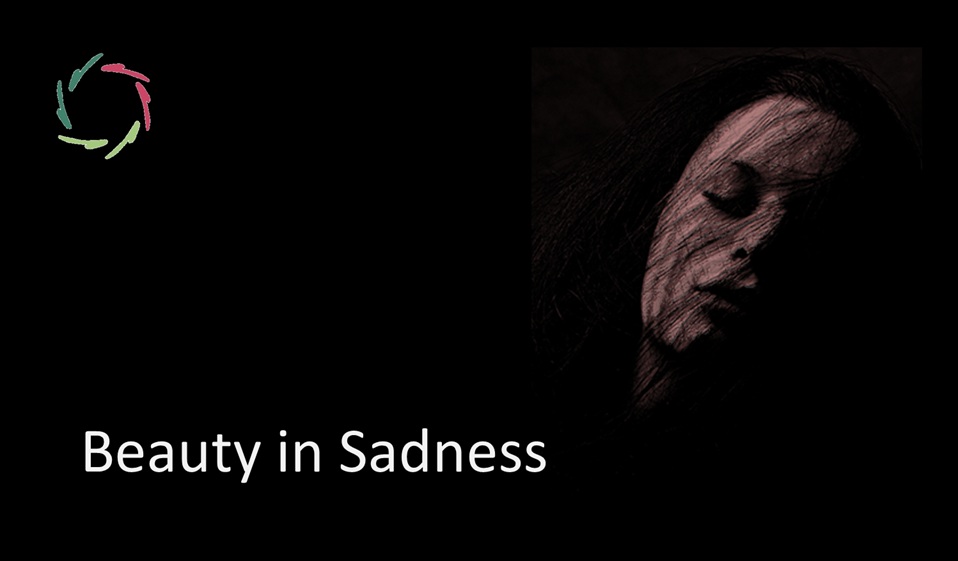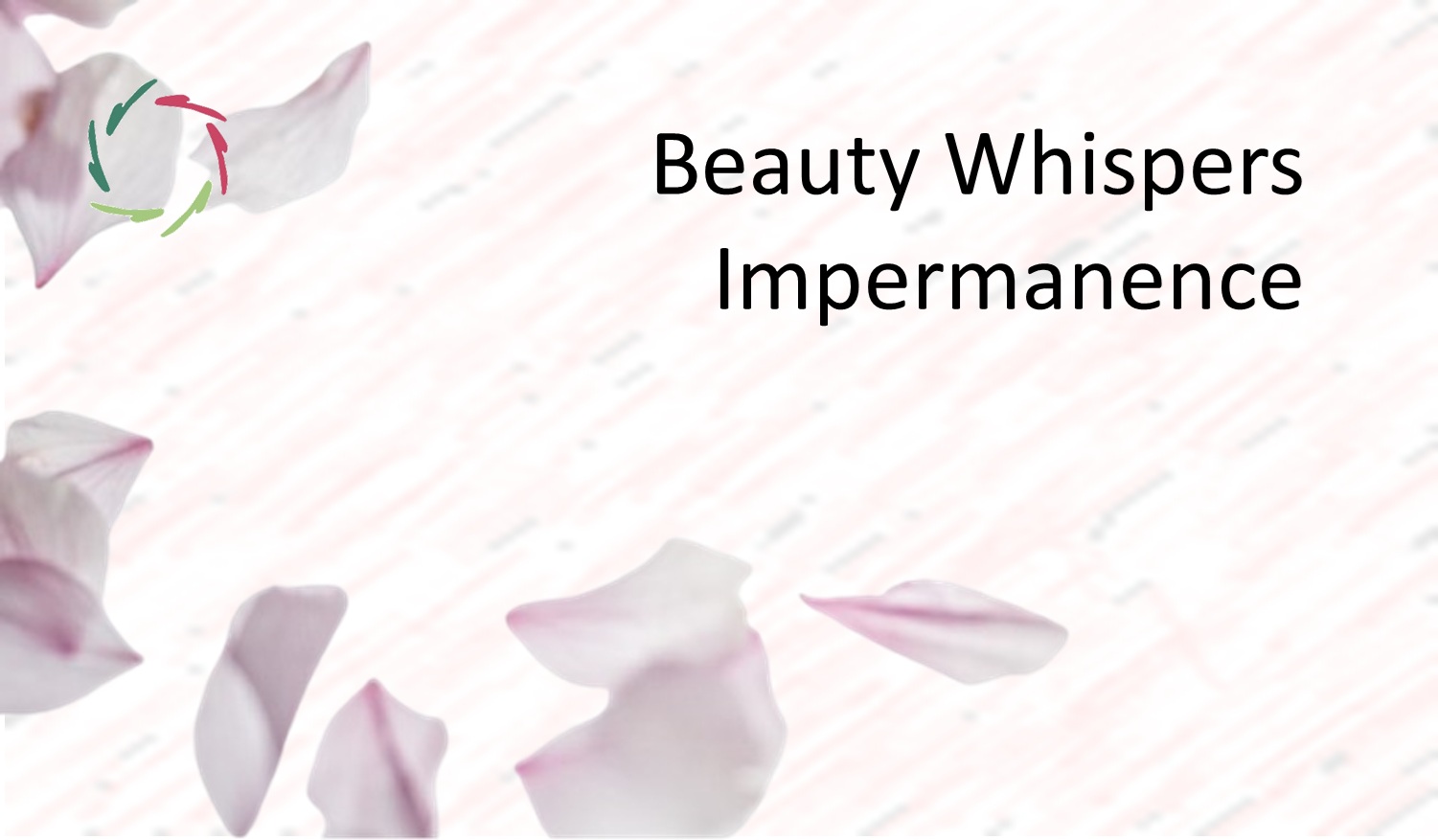Creating Beauty

is a tautology. You can only create beauty. You can create only beauty.
[see also: “Simply Beautiful”]
A total person is needed
At most, an ego can put separate things together. It is too small to let anything organically grow from inside, out of a multitude of elements. In contrast to this, the deeper (or total) self is ‘parallel and distributed.’
‘Distributed’: broad patterns are at play, say, neuro-physiologically: broadly dispersed neurons acting together to form a concerted action, like one big orchestra of players with many different instruments, nicely playing together. The score is heavenly multifaceted.
‘Parallel’: the score is also polyphonic. [see: “What is ‘Parallel’?”]
‘Parallel’ + ‘distributed’ in creation-> beauty
Even if the object of beauty is straightforward, its charm stems from how it appeals to the observer, engendering in the latter a ‘total person’ experience.
Thus, humans create and may appreciate beauty much more than most other animals. Maybe certain whales with their much (up to six times) bigger brains sometimes surpass us. Note the extraordinary musicality of whale chants, their collective, complex, repeated compositions – distinct scores with variations – evolving in time and different from population to population. Most probably, they also hugely enjoy the beauty of their creations.
Many humans find these whale songs beautiful and relaxing.
More generally, what we find beautiful, we find deeply engaging without being able to pinpoint why. Or we say something about it, conceptually, and that doesn’t matter so much… One can analyze a poem to death, or one can appreciate it on a very different level.
Creating = beautiful
When we think of ‘creation,’ we think of more than just putting things together in a mechanical way. There is meaning involved, depth.
I like the idea that a real creation is always beautiful or at least has the intention of resulting in beauty.
‘Art’ is not necessarily ‘beauty.’
Except in its endeavor, directly or indirectly.
 What may sometimes happen: the tension between goal and reality can be so strong that what comes out is something somewhere on the road towards beauty, yet still far from it. The endeavor is beauty. The cry is about that this envisioned beauty can be reached only after turning everything around.
What may sometimes happen: the tension between goal and reality can be so strong that what comes out is something somewhere on the road towards beauty, yet still far from it. The endeavor is beauty. The cry is about that this envisioned beauty can be reached only after turning everything around.
The scream of Munch is the cry of nature in the face of humanity’s egoistic silliness. It’s an almost unbearable cry of horror, at the same time a desperate yearning for beauty.
Indeed, as a species, we can be utterly silly.
There is beauty everywhere
Beauty lives in a look, a gesture, an architectural creation, a painting… A way of making oneself beautiful, of being beautiful. When people are in deep contact with themselves, they cannot help creating beauty one way or another.
Creating beauty is our nature.
A lovely present towards others lies in your appreciation.


